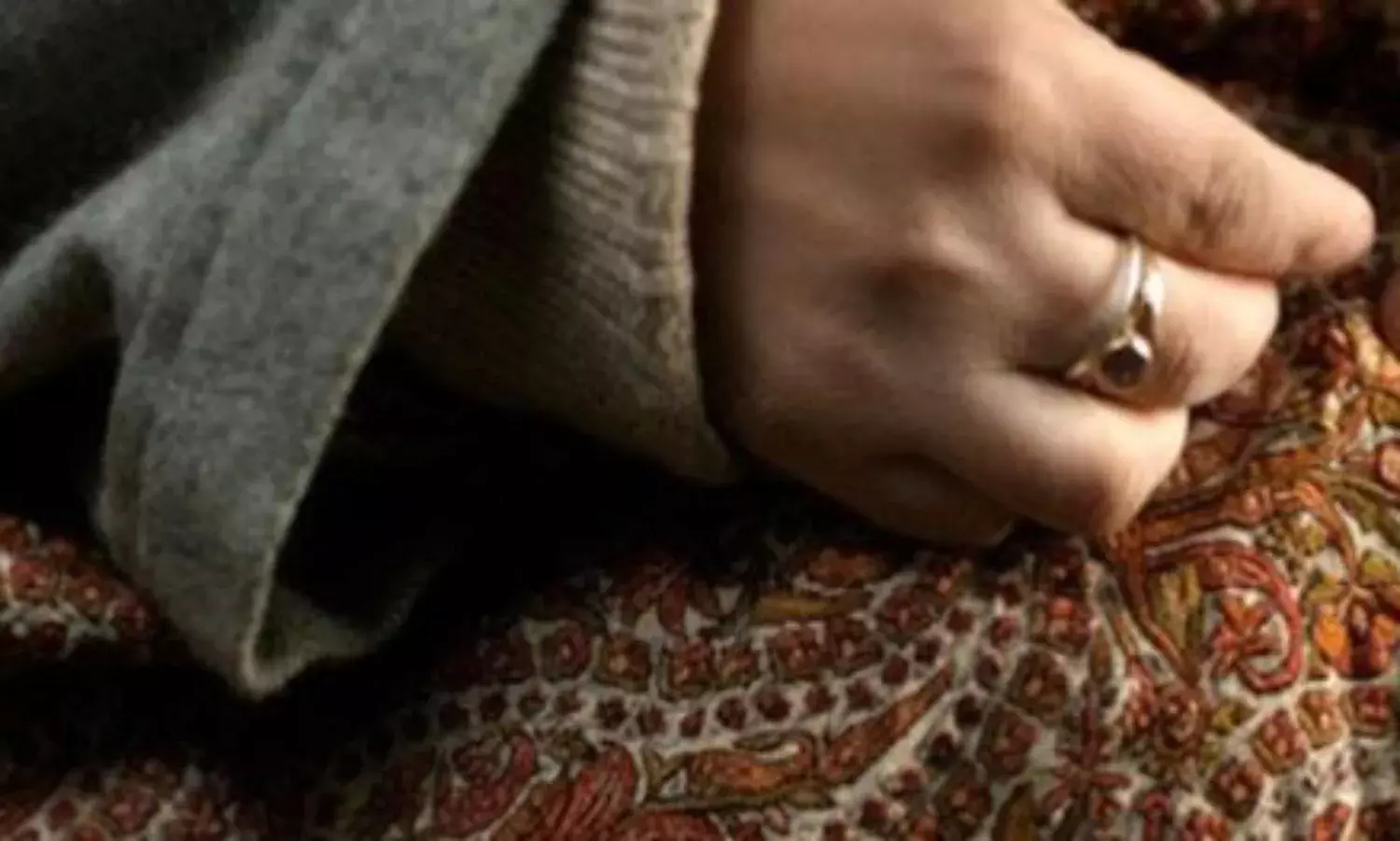Lockdown Leaves Shawl Sellers Vulnerable in Punjab,Himachal
Assault reported

The lockdowns and curfews that followed the COVID19 outbreak in India have landed migrant shawl sellers and others from Jammu and Kashmir in a difficult situation in Punjab and Himachal Pradesh. Unable to go home after the winter marketing season because of the lockdown, they are now running from one government to office to another requesting for arrangements to return home.
The majority of them are from various villages in the Kupwara district. “We come to the districts in Doaba and Majha to sell shawls in November every year. A large number of us were planning to go back to our village on March 25 and we had no inkling what the Janata Curfew of March 20 and subsequent announcement of lockdown would mean for us. We are unable to bear the heat and are also facing a shortage of ration. We just somehow want to go back home,” said Nasir Khan from Hoshiarpur.
He was at a local police station along with others to make a representation to police authorities requesting them to make arrangements for their passage back to Jammu. He said there are at least 100 people like him trapped in Hoshiarpur alone.
“While we are getting restless and frustrated here, our families back home are equally worried. Coming from cool climes we are not able to live in this heat.
“We are also looking at a gloomy future. It is the time of year when we have to work in the fields, tending to the apple crops and sowing paddy. My old parents are in no position to undertake these farm activities, and both of us brothers are trapped here,” Khan told this reporter.
He rues that the shawl sellers stayed back to clear their accounts in the market and got trapped. Now they are being compelled to shell out whatever they had earned. Being recipients of the public distribution system back home, they are facing problems procuring rations here. Many of these people are accompanied by their wives, children and parents as well.
Another shawl seller, Rashad Khan, said “We are just yearning to be back. We would happily undergo quarantine in Jammu but we just want to move out from here.”
He disclosed that the shawl sellers come down annually and rent shared accommodations. These are small rooms that are fine for the winter but stuffy in the summer heat.
Rayees Khan is yet another shawl seller, trapped in the Amb area of Una district in Himachal Pradesh. According to him there are at least 50 more shawl sellers trapped in the district alone.
“We do not have gas connections or stoves. We were given rations on two occasions that amounted to a kilogram of rice and some cooking oil. But that was insufficient. We have been promised rations but the supply and distribution is very erratic.
“We do not have money with us, as we had yet to settle accounts in the local market when the lockdown was announced. Sitting inside our rental accommodations in these gloomy times and missing our families is certainly taking its toll on us,” he said.
Social activist Dharminder Kumar, who lives in the Haiji Mukerian area of Hoshiarpur district, said “We have been trying to help them by making small collections. Certain sympathetic officials are also coming to their help.
“These people earn around Rs 50,000 in the four months they are here, which helps in their sustenance back home for the rest of the year. These poor people are now being compelled to spend whatever they earned this season,” he said.
The shawl sellers further said that although no one had said anything to them so far, they are very concerned about their safety and security in light of the hate campaign being mounted against Muslims.
This campaign shifted gears when the television channels and social media went overboard in vilifying Muslims following the Tablighi Jamaat congregation in New Delhi in mid-March.
The hate campaign led to an attack on six Kashmiri labourers in the remote Barot area of Mandi district in Himachal Pradesh a few days ago. “Hatred against them had been building up for some months. This was primarily because their contractor had lodged them close to a temple, which was not to some of the villagers’ liking.
“In any case the spurt in the hate messages being circulated though social media and the vilification campaign launched by the television channels led to an assault against these labourers by some locals, who caused them severe injuries,” said a source who was present in the area.
“The administration and the local police did come to their help immediately. The efforts of the local Deputy Commissioner of Police, Madan Kant, need to be highlighted. He not only arranged for their treatment but rushed to them carrying fruits and juices.
“The police have arranged for their stay at a safe location. Doctors at the local health facility at Paddar and also the hospital at Mandi attended to them immediately,” he added.
Reports say locals beat the labourers with cricket bats and sticks. Some of them have sustained fractures. Yet even the regional English dailies buried the news.
It was pointed that many migrants from Kashmir as well as other places are lodged in remote interiors of the state. Though the police in Himachal Pradesh are proactive in ensuring their safety, the problem is that there is hardly any police presence in the remote villages.
“While the majority of the people have no problems with migrant labour it is some of the troublemakers who try to create mischief by spewing hate which is contrary to the culture in the hills. And what can a couple of policemen in the area deployed to ensure that lockdown and curfew guidelines are followed do in such a scenario?” the source asked.



